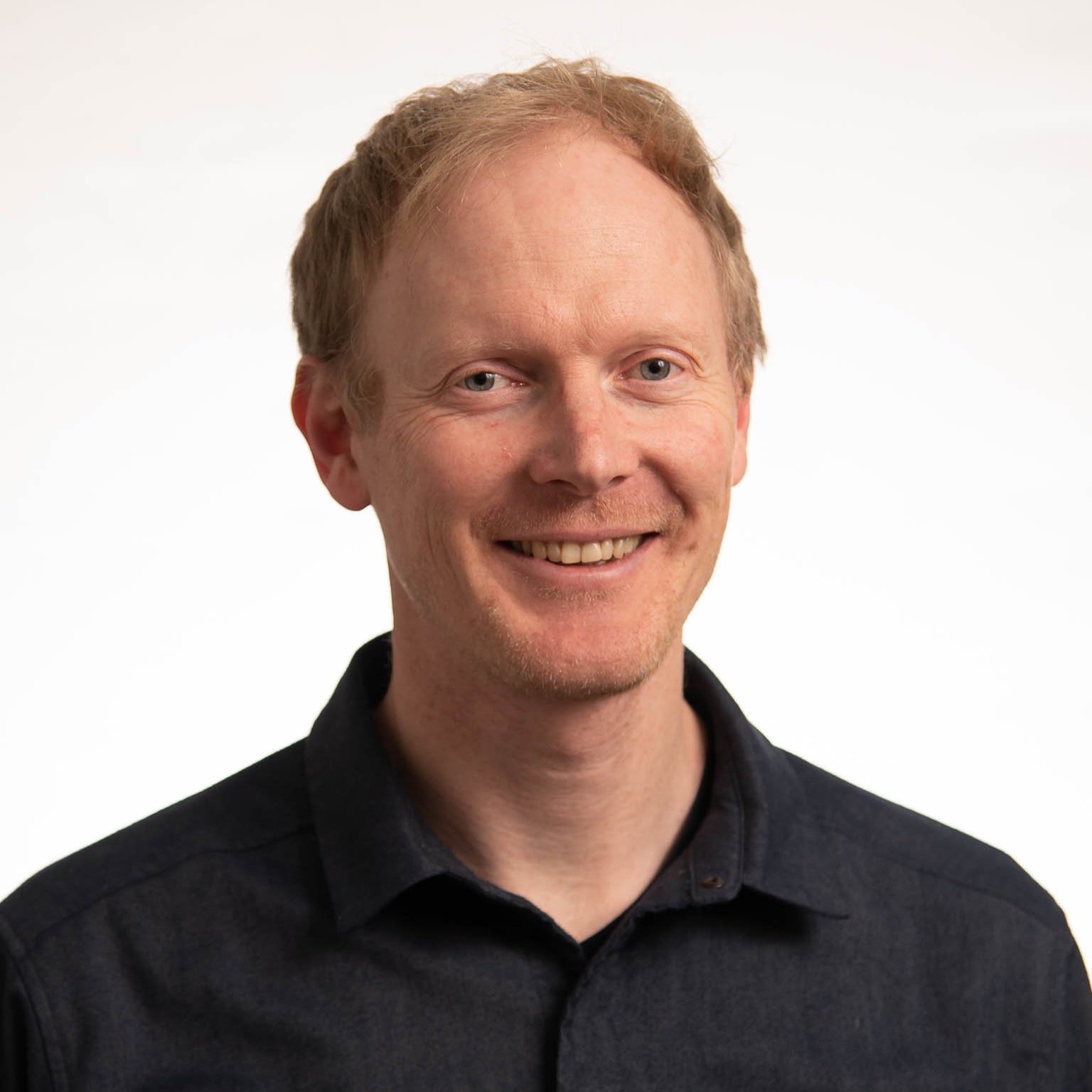To secure sustainable development, climate change transformation and adaptation should be integrated into regional and local planning processes. There is also a growing need to mobilize and integrate local knowledge into these processes, as well as to develop greater understanding, engagement, legitimacy and social learning for and within the municipal populations.
Previous studies have found that municipalities often face barriers when interpreting flood-data and that increased uncertainty creates new challenges in different sectors. This may imply that there is a need to develop broader data-collections and better communication methods for risk assessment in local contexts.
Trying out methods
In cooperation with Vestland County Council, the partners Western Norway Research Institute, NORCE Climate, and the Department of Geography at the Norwegian University of Science and Technology will develop and test various participatory methods such as citizen science, visualization of climate change data and participation in planning processes. The research will be conducted in Osterøy, Sunnfjord, and Kinn municipalities, which also are project participants, and they all need to strengthen their efforts towards climate change adaptation.
The project will develop:
Citizen science methods that contribute to greater engagement and legitimacy to the knowledge basis for local adaptation measures
Vizualisation and communication tools for that makes knowledge available and relevant for citizens
Participatory methods for increasing citizens involvement in planning processes
Residents are encouraged to record flood and flooding events in one app and share weather data from private measuring stations. Photo: Department of Geography, NTNU
People can share their own data
"Citizen science" means that ordinary people take part in research. In this project, the inhabitants will be able to contribute by using a smartphone app for registering floods and flood events. They can also share data from their private weather stations.
The idea for the project came as a result of a course for Ph.D. and Masters' students organized by the Centre for Climate and Energy Transformation (CET) and Centre for the Study of the Sciences and the Humanities at The University of Bergen in collaboration with the Norwegian Centre for Sustainable Climate Change Adaptation and other partners the fall of 2019. The project-partners also participated in the course.
The project is led by Vestland County Council, by Lene Omdahl.



